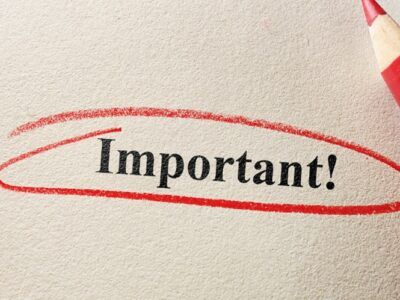A family medicine physician cares for patients of all ages. They can help infants, young people, and older adults. They offer a wide range of services including adolescent medicine, pediatrics, geriatrics, and adult medicine. In most instances, they care for a patient through their various stages of life, and they may care for multiple different generations at a time. Consider working with a Santa Monica, CA, family medicine physician if you need help with anxiety and other mental health issues. In the meantime, here are a few options that could help you deal with anxiety at home:
Home Remedies for Anxiety
Anxiety is a feeling of tension that often comes with stress. Usually, it is caused by worrying about what the future may present. If, however, you have ongoing anxiety, you may have trouble going about your day and your normal activities. Common signs of anxiety include:
- Increased agitation
- Fatigue
- Restlessness and stress
- Excessive worrying over irrational things
- Irritability
- Poor concentration
Some of the most effective home remedies for anxiety include:
1. Regular Physical Activity
Staying physically active may help you deal with anxiety. Come up with a routine that allows you to exercise at least two days a week. Exercise is great for relieving stress. It can improve your mood and reduce the symptoms of anxiety. If you haven’t been exercising, start out with simple exercises and advance slowly.
2. Eating a Healthy Diet
Increase your intake of fruits, vegetables, and whole grains. These foods are said to help with anxiety. Replace junk food with fresh and whole foods.
3. Minimizing Your Intake of Alcohol
Minimize your consumption of alcohol and recreational drugs to reduce the symptoms of anxiety. Alcohol and drugs can cause or increase the symptoms of anxiety. Minimize your consumption of chocolate, coffee, diet pills, and over the counter medication. If you are addicted to drugs or alcohol, consider seeking the help of a professional.
4. Getting Enough Sleep
Lack of sleep can make symptoms of anxiety worse. Try to get enough quality sleep every night. Most doctors recommend that you get at least eight hours of sleep. If you have insomnia or any other sleep disorders, seek help from your doctor.
5. Talking About Your Concerns
Talking about your problems can help you manage the symptoms of anxiety and stress. Sharing your concerns with loved ones may give you a different perspective. It makes it easier to come up with a plan of action.
6. Taking a Deep Breath
When you have the symptoms of anxiety, try taking a deep breath. It sends a calming message to your brain helping you relax. To get the best results, lie flat with a hand on your chest and the other one on your belly. Take deep, slow breaths. Hold your breath for a few seconds and then exhale slowly.
Different doctors may use different techniques to treat anxiety. Medical cannabis is one of the most popular treatment options in recent times. However, you can try to manage the symptoms at home while you wait for an appointment to see a doctor.









Comments